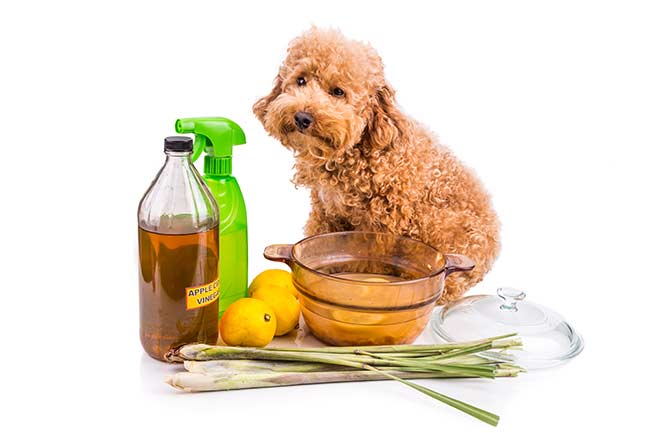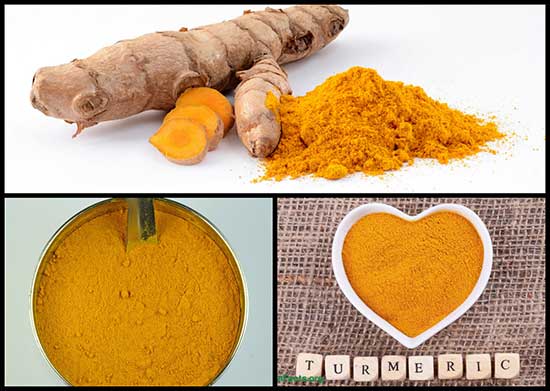7 DIY Home Remedies For Your Pets

Make sure to like Living Green and Frugally on Facebook, Shop at Amazon to help support my site and explore our PINTEREST BOARDS for innovative ways you can become self-sufficient.
Our furry companions hold a special place in our hearts, and just like us, they may encounter health issues from time to time. While veterinary care is crucial for serious conditions, there are several natural remedies you can try at home to ease minor discomfort or support your pet’s overall well-being. However, always remember that nothing can replace professional veterinary advice, especially in life-threatening situations. With that said, let’s explore seven DIY home remedies to keep your pets happy and healthy.
- Coconut Oil for Skin and Coat Health: Coconut oil is a versatile remedy for pets, offering benefits for their skin and coat. Its antifungal and antibacterial properties can soothe dry, itchy skin and promote healing. Simply massage a small amount of coconut oil onto your pet’s skin or add it to their food for a glossy coat and improved digestion.

Coconut Oil / shutterstock - Oatmeal Bath for Soothing Irritated Skin: If your pet is suffering from skin irritation or allergies, a soothing oatmeal bath can provide relief. Grind plain oatmeal into a fine powder and mix it with warm water to create a paste. Gently massage the paste onto your pet’s damp fur, focusing on irritated areas, then rinse thoroughly. Oatmeal’s anti-inflammatory properties can help alleviate itching and inflammation.
- Chamomile Tea for Calming Anxiety: Chamomile tea isn’t just for humans – it can also benefit anxious pets. Brew a weak chamomile tea and let it cool completely. Add a small amount to your pet’s water or soak a cloth in the tea and apply it to their fur for a calming effect. Chamomile’s natural sedative properties can help ease nervousness during stressful situations like thunderstorms or vet visits.
- Apple Cider Vinegar for Ear Infections: Apple cider vinegar is a natural remedy that can help prevent and treat ear infections in pets. Mix equal parts of apple cider vinegar and distilled water and use a dropper to apply a few drops into your pet’s ears. Gently massage the base of the ear to distribute the solution. The acidic nature of apple cider vinegar creates an inhospitable environment for bacteria and yeast, reducing the risk of infections.

Apple Cider Vinegar /shutterstock - Pumpkin for Digestive Health: If your pet is experiencing digestive issues like diarrhea or constipation, canned pumpkin can provide relief. Pumpkin is rich in fiber and moisture, which can help regulate bowel movements. Add a spoonful of plain canned pumpkin (not pumpkin pie filling) to your pet’s food to promote healthy digestion. Consult your vet for appropriate dosage based on your pet’s size.
- Herbal Flea Collar with Essential Oils: Commercial flea collars often contain harmful chemicals, but you can make a natural alternative at home using essential oils. Mix a few drops of pet-safe essential oils like lavender, cedarwood, or peppermint with water and soak a cloth collar in the mixture. Let it dry before placing it around your pet’s neck. These essential oils have natural flea-repelling properties, keeping your pet flea-free without exposing them to toxins.
- Turmeric Golden Paste for Joint Health: Turmeric is renowned for its anti-inflammatory properties, making it a valuable remedy for pets suffering from joint pain or arthritis. Create a golden paste by mixing turmeric powder with coconut oil and black pepper to enhance its absorption. Add a small amount to your pet’s food daily to reduce inflammation and alleviate discomfort associated with joint issues.

Caring for our pets involves understanding their needs and providing them with the best possible care. These DIY home remedies offer natural solutions to common pet health issues, but they should always be used in conjunction with veterinary guidance.
By incorporating these remedies into your pet care routine, you can help keep your furry friends happy, healthy, and thriving.
Disclaimer: While these natural remedies can offer relief for minor ailments and support your pet’s well-being, they are not substitutes for professional veterinary care. If your pet exhibits severe symptoms or you suspect a life-threatening condition, seek immediate medical attention from a qualified veterinarian. Always consult with your vet before trying any new treatments, especially if your pet has pre-existing health conditions or is taking medication.